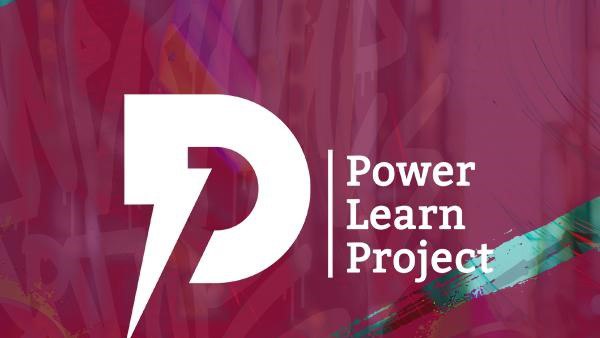The Hackathon will focus on leveraging AI to create impactful solutions across agriculture, finance, and healthcare. PLP
黑客松状态

主办
Power Learn Project
黑客松状态
ONLINE
生态
技术栈
参与者
1,000 USD
总奖池
描述
Power Hacks 2025: AI-Driven Agents & Blockchain — Shaping the Future of Decentralized Intelligence is a Pan-African hackathon by the Power Learn Project, bringing together innovators, developers, and creators to explore the intersection of AI and Blockchain. Running from 7th to 28th November 2025, the hackathon will empower participants to design and build impactful solutions in areas like decentralized finance, smart healthcare, agriculture, and sustainable cities. Alongside innovation challenges, participants will engage in venture bootcamps, mentorship sessions, and recruitment circles connecting them to real-world opportunities. With a focus on practical skills, collaboration, and creativity, Power Hacks 2025 aims to inspire the next generation of African tech leaders shaping the future of decentralized intelligence. 🚀
Top Three
1,000 USD
Top Three
Top Three
评委标准
Criteria | Description | Weight (%) |
|---|---|---|
Unique Value Proposition | Demonstrates an in-depth understanding of the problem being solved, highlighting a unique use of emerging technologies. | 20% |
Market | Shows clear understanding of the potential available market and target audience. | 20% |
Impact | Highlights positive direct and/or indirect impact on users or beneficiaries. | 16% |
Competition | Identifies and analyzes potential competitors to the innovation. | 14% |
Revenue Model | Expounds on potential opportunities to scale the innovation through the proposed business or revenue model. | 12% |
Ask | Demonstrates a clear and strategic “ask” to the target audience (e.g., funding, partnerships). | 10% |
Team | Presents a well-defined and capable team structure. | 8% |
Subtotal (Innovation): 100%
Criteria | Description | Weight (%) |
|---|---|---|
Code Quality | Measures code readability, organization, and correctness. | 20% |
Algorithm Efficiency | Evaluates speed and resource efficiency of the code. | 20% |
Performance | Measures system speed, responsiveness, and resource usage. | 16% |
Utilization of Technology Stack | Assesses appropriate use of new technologies and cross-platform compatibility. | 14% |
Security & Fault Tolerance | Checks for data protection measures and robust error handling. | 12% |
Development Process | Evaluates project management practices and teamwork. | 10% |
Documentation & Testing | Assesses clarity of documentation and thoroughness of testing. | 8% |
Subtotal (Technical): 100%
Category | Description | Total Weight (%) |
|---|---|---|
Innovation Criteria | Assesses the conceptual and business aspects of the project, including market understanding, problem-solving, and scalability. | 50% |
Technical Criteria | Evaluates the technical execution, performance, and quality of development and implementation. | 50% |
Total | Combined evaluation weight for overall project assessment. | 100% |
时间安排